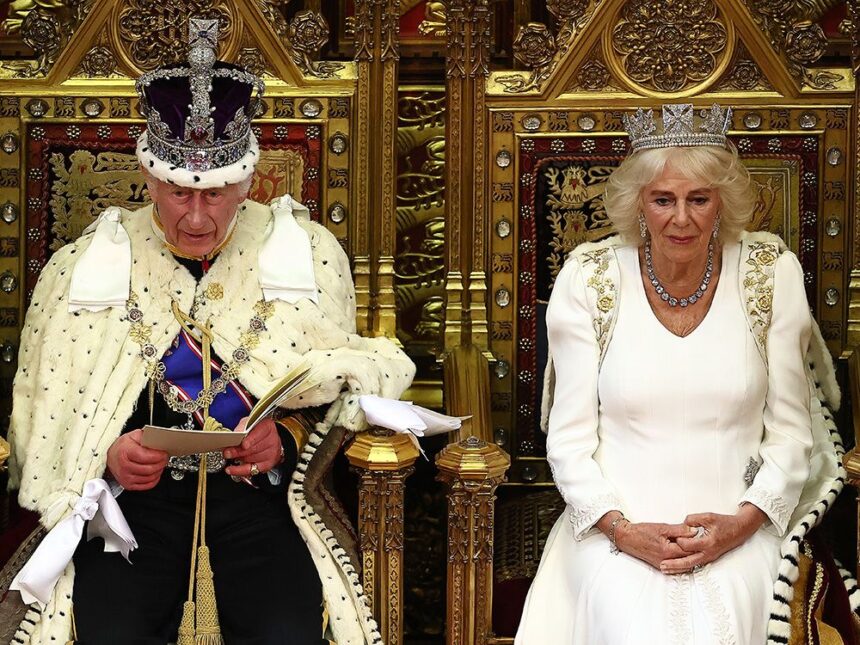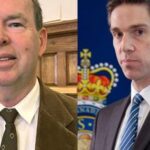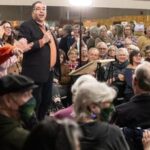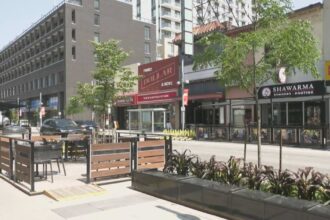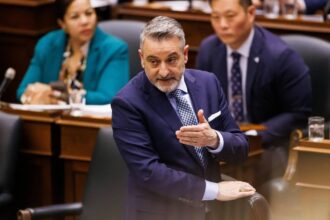In an unprecedented moment that bridges colonial tradition with modern Canadian governance, King Charles III is set to deliver the Speech from the Throne in Ottawa next month, becoming only the third reigning monarch to personally perform this ceremonial duty on Canadian soil. This rare convergence of constitutional pageantry and royal presence underscores the unique relationship between Canada and the Crown, while highlighting the evolving nature of Canada’s parliamentary democracy.
The monarch’s address, scheduled during his May visit alongside Queen Camilla, represents far more than symbolic pomp. The Speech from the Throne serves as the government’s official legislative blueprint—a roadmap of priorities and promises that will define Prime Minister Justin Trudeau’s agenda heading into what many political analysts consider a critical period for his administration.
“This visit carries profound constitutional significance,” explains Dr. Samantha Morrison, professor of constitutional law at McGill University. “While we’ve grown accustomed to Governors General delivering these speeches, having the King himself perform this function reminds Canadians of the direct constitutional line between our parliamentary system and the monarchy.”
Only twice before has a reigning sovereign delivered Canada’s Throne Speech: King George VI in 1939 and Queen Elizabeth II in 1977. Charles’ participation continues this rare tradition while adding his personal imprint on Canadian political history.
The speech itself will be crafted entirely by the Prime Minister’s Office and cabinet, following constitutional convention. While King Charles will read the words, they will reflect exclusively the Trudeau government’s priorities—creating the curious dynamic of the monarch articulating policies over which he holds no actual influence or authority.
This constitutional choreography highlights Canada’s Westminster system, where the Crown serves as the theoretical source of state authority while elected officials exercise actual political power. For Canadian politics watchers, the speech will be scrutinized not for royal rhetoric but for signals about how the Liberal government plans to address pressing national challenges from housing affordability to economic uncertainty.
Constitutional experts note that the timing of this royal Throne Speech carries strategic implications for the Trudeau government, potentially offering a symbolic reset as it faces declining poll numbers and mounting public concerns about Canada’s economic outlook.
“The government likely sees this as an opportunity to reframe their narrative with the added gravitas that comes from royal delivery,” suggests political strategist Michael Hartley. “It’s a chance to associate their agenda with the stability and continuity the monarchy represents to many Canadians.”
For monarchists, the King’s participation reaffirms Canada’s constitutional monarchy at a time when republican sentiments have gained some traction in other Commonwealth realms. For critics of the monarchy, it raises questions about the continued relevance of such traditions in a diverse, modern Canada.
The royal visit will extend beyond Ottawa, with stops planned in several provinces. This marks King Charles’ first trip to Canada since his coronation and nineteenth overall, continuing a relationship with the country that spans decades. His environmental advocacy has historically resonated in Canada, though it remains to be seen how this aspect of his public persona will manifest during a visit where constitutional duties take precedence.
As Canadians prepare to witness this rare constitutional moment, the question emerges: In an era of rapid social change and evolving national identity, how will this intersection of monarchy and democracy shape conversations about Canada’s institutional future?

